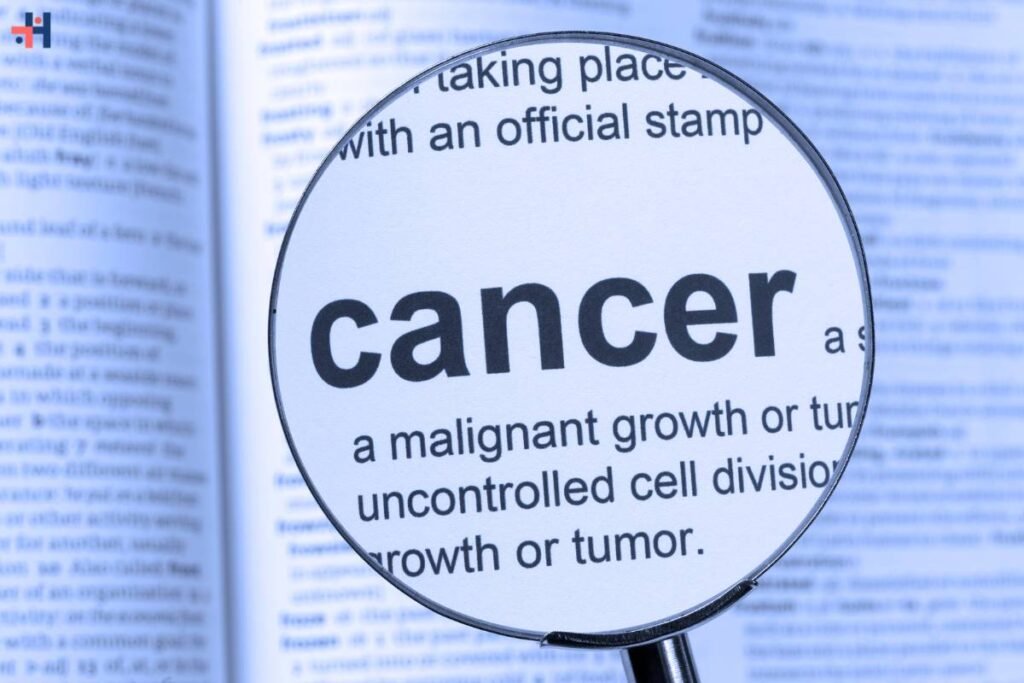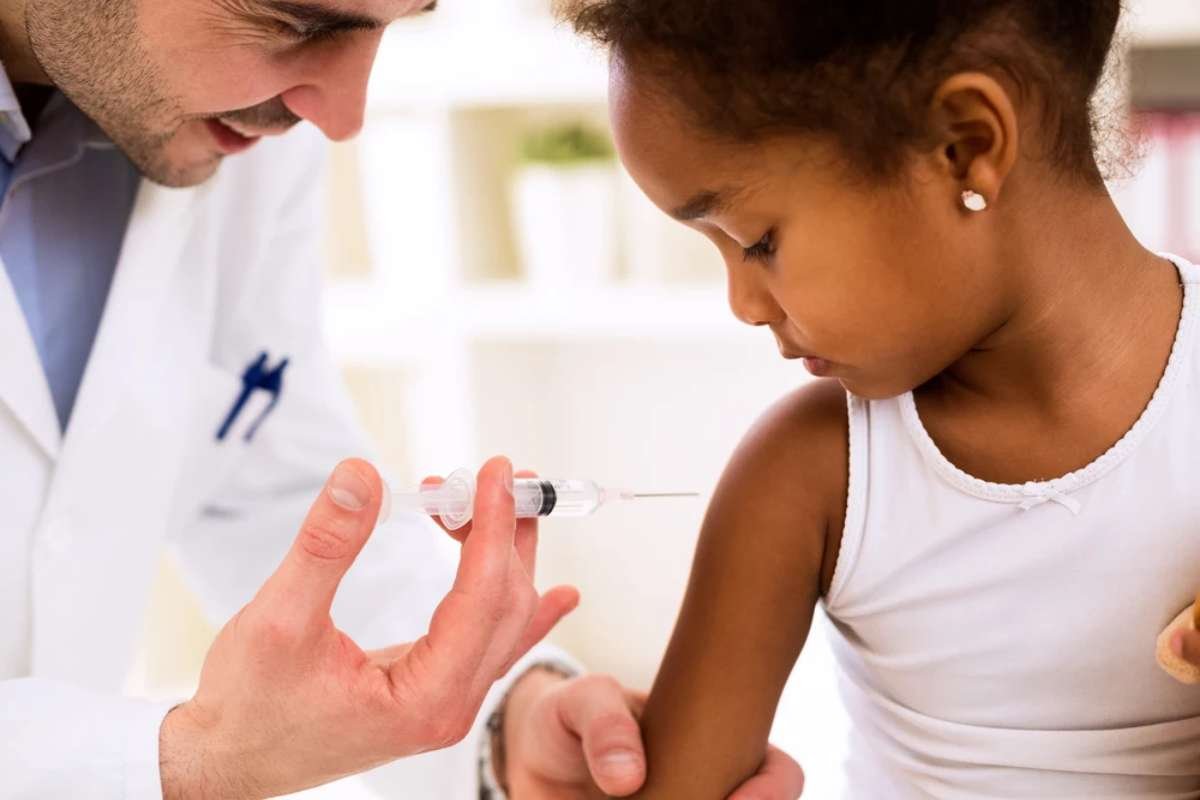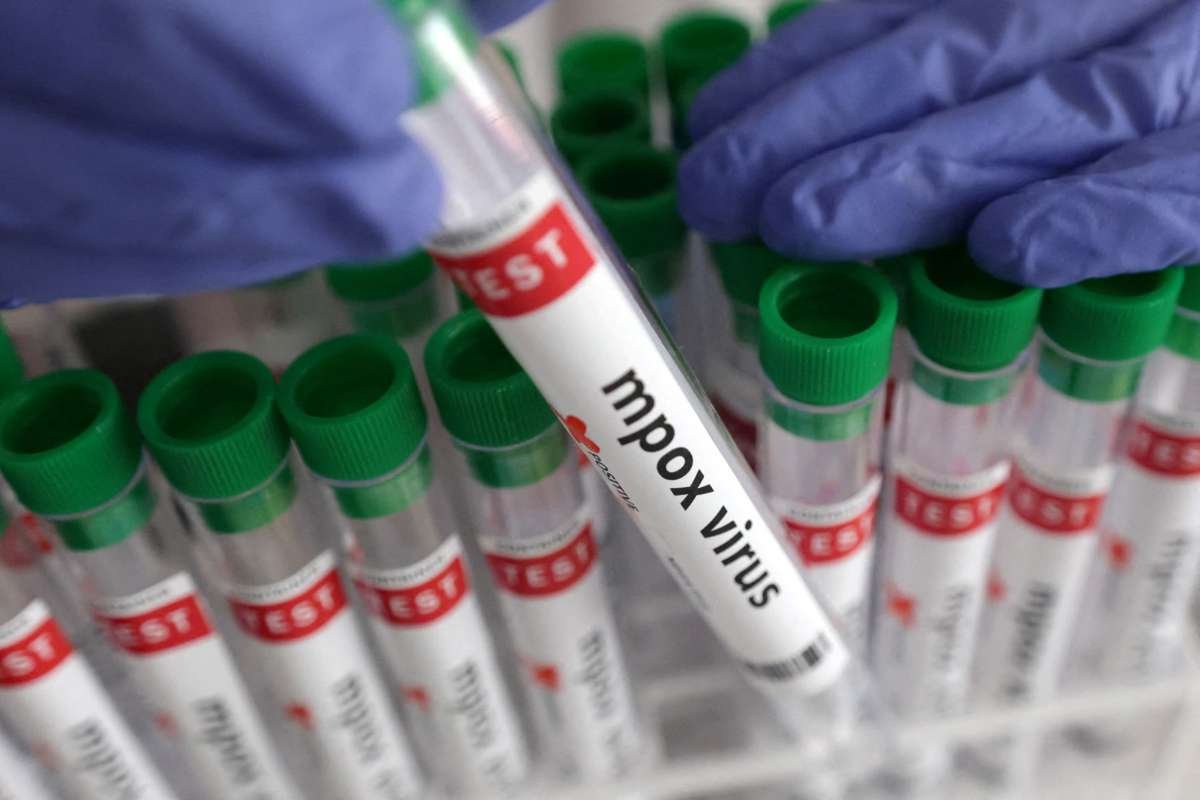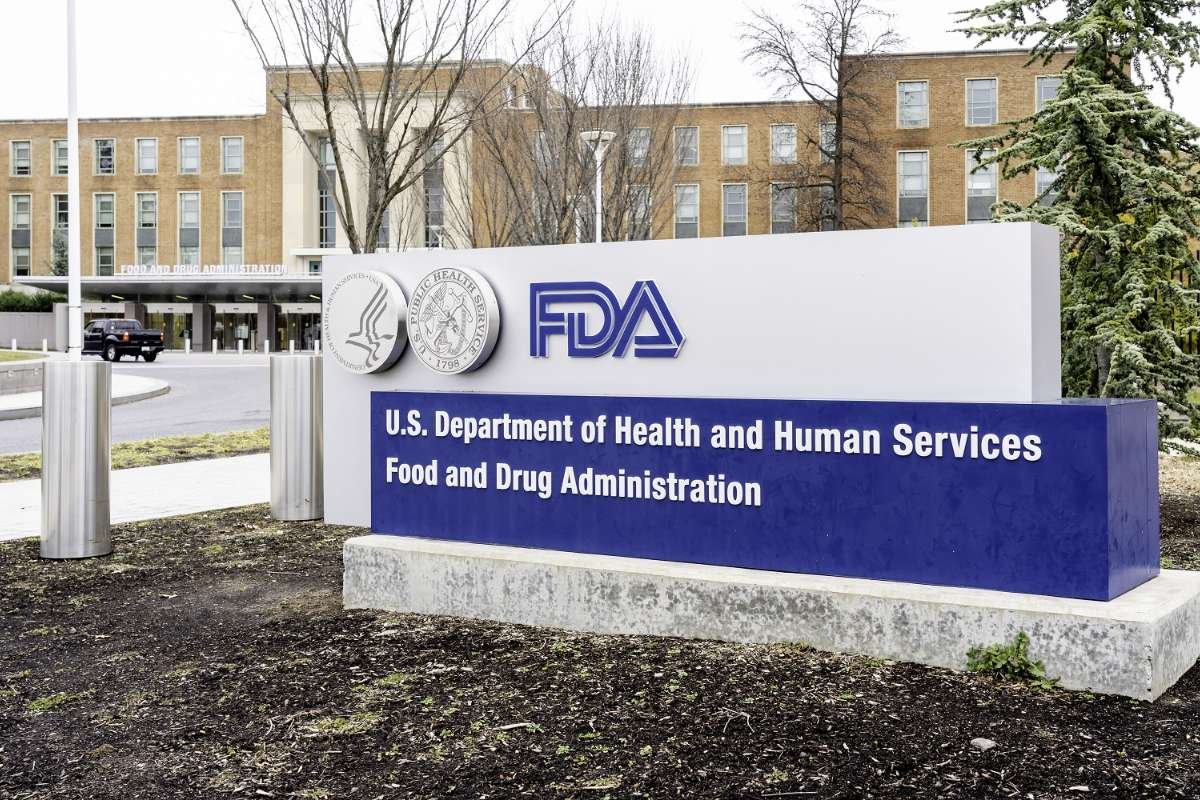A concerning trend is emerging in the realm of healthcare, as a recent report from the American Cancer Society sheds light on a rising incidence of colon cancer among younger men and women. Notably, colon cancer has now claimed the unenviable position of being the leading cause of death for men under 50 and the second leading cause for women in the same age group, according to the report.
Researchers are delving into potential factors contributing to this disturbing surge, with one prominent hypothesis being the impact of the COVID-19 pandemic. The closures of healthcare settings and the fear of virus exposure may have led to delays in cancer diagnosis and treatment in 2020, thereby exacerbating the issue.
Dr. Ross Buerlein: Expressed his Insights on the Matter
Dr. Ross Buerlein, Assistant Professor of Medicine at the University of Virginia, expressed his insights on the matter, emphasizing the multifactorial nature of the problem. He highlighted the role of obesity, sedentary lifestyles, and dietary factors, including the consumption of processed foods. Additionally, Dr. Buerlein mentioned the potential influence of the gut microbiome, the bacteria residing in the colon, as a contributing factor to the rising rates of colon cancer.
Appearing on “NewsNation Prime,” Dr. Buerlein stressed the importance of regular screenings as a crucial preventive measure. Recognizing signs and symptoms, such as blood in the stool, unexplained anemia, changes in bowel habits, abdominal pain, and weight loss, is crucial. Individuals are encouraged to advocate for themselves and seek medical attention if any concerning symptoms arise.
The report not only highlights the alarming surge in colon cancer but also points to increased rates of diagnosis in various other cancers affecting young adults. These include breast, prostate, uterine, pancreatic, oral, and liver, kidney, melanoma, and cervical cancers.
Colorectal cancer on the rise for younger
People with a Family History of the Colon Cancer may need to Initiate Screening
While colonoscopy screenings are recommended to commence at age 45, those with a family history of the illness may need to initiate screening earlier. Moreover, individuals with a familial predisposition are advised to maintain a healthy weight and limit the consumption of red meat as preventive measures.
As healthcare professionals grapple with this concerning trend, the emphasis remains on early detection through screenings and increased awareness of potential symptoms. The intersection of various factors, including lifestyle choices and the impact of the pandemic, underscores the need for a comprehensive approach to address the rising rates of colon cancer among younger individuals.
This escalating trend of colon cancer diagnoses among the younger population underscores the urgency for increased vigilance, awareness, and proactive healthcare measures. The unexpected leap in colon cancer cases highlights the importance of early detection, urging individuals to prioritize regular screenings and seek medical attention for any concerning symptoms promptly.
The potential link between the COVID-19 pandemic and delayed cancer diagnoses raises a critical concern regarding the broader impact of health crises on routine medical care. It accentuates the need for resilient healthcare systems that can adapt to unforeseen challenges without compromising essential services like cancer screenings.
Dr. Buerlein’s emphasis on self-advocacy is a crucial message for individuals to take charge of their health. Recognizing the signs and symptoms of colorectal cancer, including subtle indicators like fatigue and changes in bowel habits, empowers individuals to act as partners in their healthcare journey.
Moreover, the report’s revelation of increased diagnoses across various cancers in young adults signals a broader issue that necessitates comprehensive attention. Healthcare professionals and public health initiatives must collaborate to address the multifaceted factors contributing to this concerning uptick in cancer cases among the younger demographic.
In navigating this complex landscape, fostering a culture of health awareness, promoting healthy lifestyles, and ensuring accessible and timely screenings emerge as pivotal strategies. As the medical community grapples with these challenges, the collective effort to understand, address, and mitigate the factors contributing to the surge in colon cancer cases among the young becomes paramount for the well-being of future generations.









